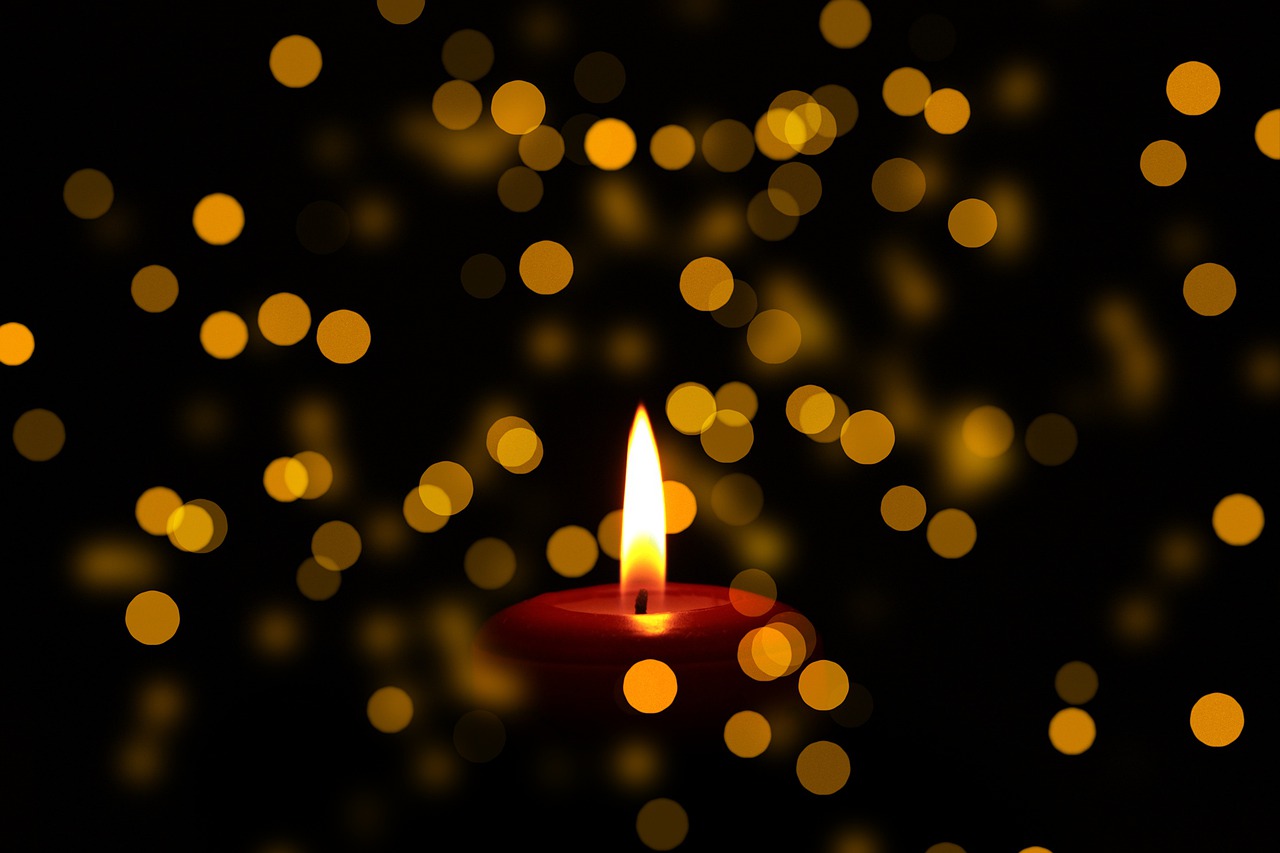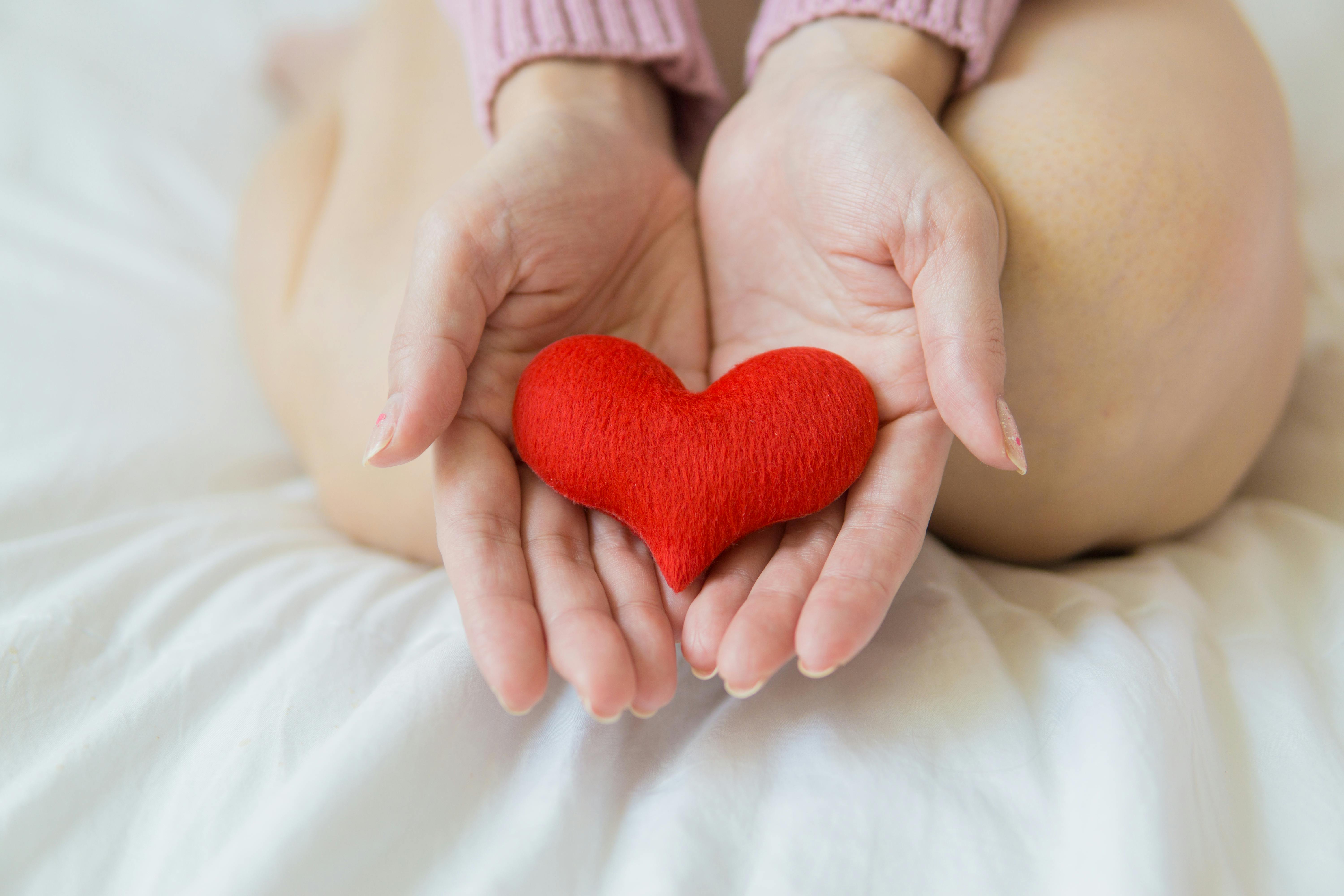Grieving Rituals How the Process Can Help You

Life is full of rituals, whether they are small or large they have meaning. And one of the most important rituals is when we lose a loved one. Funerals, celebrations of life and however we chose to honour a loss is often part of the grieving and healing process. Rituals for grief can help loved ones, family, friends and others in this often difficult time. Losing a loved one can feel overwhelming and confusing. The grieving process is unique for everyone, but one thing that can provide solace and comfort is the presence of grieving rituals. Rituals, both cultural and personal, play a significant role in helping individuals navigate through the complex time. Such ritual can help to gain a sense of process and even closure for some. From funeral ceremonies to personal rituals of remembrance, these practices serve as a way to honor the deceased. They offer support to the grieving, and provide a framework for healing.
In this article, we will explore the importance of rituals in the grieving process and how they can bring solace during times of loss.
Overview of Grieving Process
Grief is a complex and deeply emotional response to loss. When we experience the death of a loved one or go through significant life changes, we often go through a grieving process. Grief is not a linear journey but rather a series of stages and emotions that vary from person to person. Understanding the stages of grief and the common emotions experienced during this process can help individuals navigate through their own grief.
Definition of Grief
Grief is often defined as the deep sorrow and emotional pain that arises from the loss of a loved one or something significant in our lives. It is a normal and natural response to loss. Grief can encompass feelings of sadness, anger, guilt, and confusion,, and a roller coaster of feeling and emotions. It can also affect individuals both mentally and physically, impacting their overall well-being and daily functioning. And it is a unique experience for each and every one of us.
Stages of Grief According to Kubler-Ross
There is not a one size fits all for grief and loss. Many people describe it as a roller coaster of emotions. And grief has no time limit. that has not time limit. With this said some people need to have an idea of grief to help them move through their process. There is no set pattern for grief but one that may be helpful is the 5 stages of grief a process created by Elisabeth Kubler-Ross. She originally developed stages to describe the process patients with terminal illness go through as they come to terms with their own deaths; it was later applied to grieving friends and family as well, who seemed to undergo a similar process. So again, you may not experience these, certainly not in this specific order or not limited to.
Below we share these five stages to give a little understanding.
These stages are not necessarily sequential and can vary in duration and intensity for each person. The stages include:
- Denial: Initially, individuals may experience disbelief or denial as a protective mechanism against the overwhelming reality of the loss. This stage can involve a sense of numbness or shock.
- Anger: As reality sets in, anger can arise, often directed towards oneself, others, or even the deceased. It is important to remember that anger is a normal part of the grieving process.
- Bargaining: In this stage, individuals may attempt to negotiate or make deals in an attempt to reverse or lessen the impact of the loss. Questions of “what if” and “if only” may arise.
- Depression: Feelings of sadness, emptiness, and despair are common during the depression stage of grief. A sense of hopelessness and withdrawal from social activities may be prevalent.
- Acceptance: The final stage involves coming to terms with the loss and integrating it into one’s life. Acceptance does not mean forgetting or moving on from the loss but rather finding ways to live with it.
Common emotions experienced during grief
Grief encompasses a wide range of emotions, and it is important to acknowledge and accept these feelings as a normal part of the grieving process:
- Sadness: Feeling immense sorrow and longing for the person or thing that has been lost.
- Guilt: Experiencing guilt over things left unsaid or undone, or feeling responsible for the loss in some way.
- Anger: Feeling angry at the circumstances, the person who passed away, or even oneself.
- Fear: As we navigate through the unfamiliar territory of grief, feelings of fear and anxiety may arise.
- Loneliness: Grief can often bring about a sense of isolation and loneliness, especially when the support network is not readily available.
- Relief: It is important to note that feeling relief after a long period of illness or suffering is a valid emotion that can accompany grief.
Rituals in the Grieving Process
Rituals play a significant role in the human experience, serving as essential components in various aspects of life. When it comes to grieving, rituals hold the power to provide structure, facilitate emotional expression, foster a sense of community, and honor the deceased. Understanding the definition of rituals and their importance in human culture helps us appreciate their significance in the grieving process.
Definition of Rituals
Rituals can be considered symbolic actions that carry meaning and purpose within a specific cultural, social, or personal context. They often involve established and repetitive patterns of behavior, including gestures, words, and objects, that hold symbolic value. Rituals can be religious, cultural, or individual in nature, and they serve to provide a framework for grieving and mourning.
Importance of Rituals for When Grieving in Culture
Rituals have played a fundamental role in human culture for centuries. They provide a means to express and preserve cultural beliefs, values, and traditions. Rituals create a sense of continuity and connection to one’s heritage, fostering a sense of identity and belonging within a community. They have the power to strengthen social bonds, promote social cohesion, and transmit cultural knowledge and practices across generations.

Role of Rituals in Grieving
In the context of grieving, rituals serve as a way to acknowledge and process the loss, as well as to find meaning and healing. They provide a framework for individuals to navigate through the overwhelming emotions and uncertainty that accompanies grief. Rituals offer a tangible and symbolic expression of mourning and honor, allowing individuals to pay tribute to the deceased and begin the journey towards healing.
Types of Rituals in Grieving
Rituals in the grieving process can take various forms, reflecting religious, cultural, and individual beliefs and practices. These rituals can provide a sense of structure and stability, facilitate emotional expression, create a sense of community, and honor the deceased.
Religious Rituals
Religious rituals hold a significant place in many cultures and offer solace and guidance during the grieving process. These rituals differ based on religious beliefs and can include practices such as funeral ceremonies, prayers, scripture readings, and rituals specific to the particular faith. Religious rituals provide a framework for grieving that is rooted in spiritual beliefs and traditions.
Cultural Rituals
Cultural rituals encompass practices that are specific to a particular community or ethnic group. These rituals may involve customs, music, dance, specific clothing, or other cultural elements that hold meaning within the community. Cultural rituals offer individuals a sense of connection to their roots and provide a collective space for grieving and mourning.
Individual Rituals
Individual rituals are deeply personal and unique to each person. These rituals may involve activities such as writing letters or journaling, creating artworks or memorializing objects, visiting specific locations, or engaging in activities that held significance to the relationship with the deceased. Individual rituals allow for personalized expressions of grief and can provide comfort and solace.
The Significance of Rituals in the Grieving Process
Rituals play a vital role in the grieving process, offering numerous benefits and assisting individuals in navigating through their grief journey. The significance of rituals includes providing structure and stability, facilitating emotional expression, creating a sense of community, and honoring the deceased.
Providing Structure and Stability
During times of loss and grief, individuals often experience a sense of chaos and uncertainty. Rituals provide a framework and a sense of order that helps create stability. Engaging in specific actions, following established rituals, and participating in communal practices provide structure and a sense of purpose, allowing individuals to navigate the grieving process more smoothly.
Facilitating Emotional Expression
Grief is a deeply emotional experience that can often be overwhelming. Rituals offer a safe space for individuals to express and process these emotions. Through symbolism and repetition, rituals help create a container for these intense emotions, allowing individuals to release and externalize their grief in a meaningful and controlled manner.
Creating a Sense of Community
Grief can often make individuals feel isolated and alone. Participating in rituals provides a sense of community and support. Whether it is attending funerals, memorial services, or other communal rituals, these shared experiences connect individuals with others who are also grieving. The presence of others going through a similar experience can offer comfort, understanding, and a network of support.
Honoring the Deceased
Rituals serve as a means to honor and remember the deceased. They offer a platform for paying tribute, sharing memories, and celebrating the life of the person who has passed away. By engaging in rituals that hold significance to the deceased or their cultural and religious beliefs, individuals can express their love, respect, and gratitude for the life lived.
Therapeutic Benefits of Grieving Rituals
Rituals in the grieving process provide therapeutic benefits that aid individuals in coping with their grief and finding the path to healing. These benefits include rituals as a form of expression, rituals as a means of coping, and rituals as a pathway to healing.
Rituals as a Form of Expression
Grief often involves complex emotions that may be challenging to articulate through words alone. Rituals offer a non-verbal and symbolic form of expression, allowing individuals to communicate their grief in a tangible and visual manner. Through rituals such as creating memorial objects, engaging in acts of remembrance, or performing specific gestures, individuals can express their emotions and experiences in a more holistic way.
Rituals as a Means of Coping
The grieving process can be overwhelming and emotionally draining. Rituals provide individuals with coping mechanisms to navigate their pain and grief. Engaging in rituals creates a sense of control over the grief experience and empowers individuals to actively participate in their healing journey. The repetitive nature of rituals can also offer comfort and a sense of stability during times of distress.

Rituals as a Path to Healing
Healing from grief is a complex and personal process that varies for each individual. Rituals can serve as a conduit for healing by providing a space for reflection, introspection, and transformation. They allow individuals to explore their emotions, confront their grief, and find meaning in their loss. Through rituals, individuals can begin to integrate their grief into their lives and discover ways to move forward while honoring the memory of the deceased.
How Rituals Can Support Different Cultural and Religious Beliefs
Grief practices vary greatly across different cultures and religious traditions. Understanding and respecting these diverse practices is essential in honoring various beliefs and traditions while providing support for the grieving process.
Diversity of Grief Practices
The world is rich with diverse cultural and religious traditions, each with its unique approach to grieving. Funeral customs, mourning periods, and rituals may differ significantly, reflecting cultural norms and values. Recognizing and respecting these variations, contribute to the diversity of human experiences. These ways can people navigate through grief in a personal and meaningful way.
Honoring Beliefs and Traditions
When supporting individuals from different cultural and religious backgrounds, it is important to provide space for their specific rituals and beliefs. This includes allowing the observance of mourning rituals and customs, respecting dietary restrictions during mourning periods, providing accommodations for specific religious practices, and being sensitive to cultural symbols and practices. By honoring these diverse beliefs and traditions, individuals can feel validated, understood, and supported in their grief journey.
Examples of Rituals in the Grieving Process
Rituals in the grieving process can take shape in various forms, offering individuals a way to navigate their grief and mourn the loss of a loved one. Some common examples of rituals include funeral ceremonies, memorial services, wakes or vigils, and commemorative rituals.
Funeral Ceremonies
Funeral ceremonies serve as a way to honor and bid farewell to the deceased. They often include religious or cultural rituals, such as prayers, eulogies, hymns, or readings, depending on the beliefs of the deceased and their family. Funeral ceremonies provide a collective space for grieving, allowing family and friends to express their emotions, share memories, and find support.
B. Memorial Services
Memorial services are gatherings that take place after the funeral or independently, focusing on celebrating the life of the deceased. These services may involve speeches, music, video presentations, and the sharing of stories and memories. Memorial services offer an opportunity for individuals to come together in remembrance, creating a meaningful and personalized tribute to the person who has passed away.
Wake or Vigil
A wake or vigil is a ritual of staying awake and keeping watch over the deceased. This practice is common in many cultures and provides a space for family and friends to gather, offer support, and pay their respects. Wakes or vigils often include prayers, storytelling, singing, or quiet contemplation. By participating in this ritual, individuals can find solace and connection in the shared experience of grieving.
Commemorative Rituals aka Ceremonies
Commemorative rituals are deeply personal and vary depending on individual preferences and cultural traditions. These rituals may involve activities such as planting trees or flowers in memory of the deceased, creating commemorative artworks or jewelry, or holding a yearly gathering to honor their life. Commemorative rituals serve as a way to keep the memory of the deceased alive and provide ongoing opportunities for remembrance and healing.
Evolution of Rituals in Modern Grieving
As societies evolve, so do the perspectives on death and grief. Modern grieving practices reflect shifting attitudes towards death and incorporate new elements, such as the incorporation of technology into rituals.
Shifting Perspectives on Death and Grief
Contemporary views on death and grief have expanded beyond traditional practices, allowing for a more personalized and inclusive approach. Cultural and religious diversity, along with the increasing emphasis on individual needs and choices, have influenced the ways in which people grieve. This shift has led to a broader acceptance of alternative rituals and practices that cater to individual beliefs. This includes cultural diversity, and changing social dynamics.
Incorporating Technology into Rituals
Advancements in technology have opened up new possibilities for rituals and mourning practices. Online platforms and social media networks provide spaces for virtual memorials, allowing individuals to share memories, condolences, and stories. Virtual gatherings, live-streamed funeral services, and online support groups offer accessibility and inclusivity for those unable to physically attend rituals. The incorporation of technology into grieving rituals provides individuals with additional avenues for connection, support, and remembrance.
Controversies Surrounding Rituals in Grieving
Rituals in the grieving process can sometimes be subject to controversy, particularly concerning appropriation and the balance between tradition and individual needs.
Appropriation and Respect for Cultural Practices
When engaging in rituals from different cultural or religious backgrounds, it is crucial to approach them with respect and sensitivity. Appropriation of rituals without understanding their cultural significance can be disrespectful and offensive. It is important to seek proper education, consultation, and permission when adopting rituals from other cultures to ensure they are approached with the appropriate reverence and understanding.
Balancing Tradition and Individual Needs
Tradition often carries significant importance in the grieving process, providing a sense of continuity, cultural identity, and shared experience. However, it is essential to strike a balance between adhering to tradition and meeting the individual needs of grieving individuals. Flexibility and open-mindedness are necessary to accommodate diverse beliefs, preferences, and cultural practices, ensuring that rituals support the unique needs of those grieving.
Importance of Seeking Professional Support during Grieving Process
Rituals can provide immense comfort and support during the grieving process. And seeking professional support may be effective to heal on their journey.
Role of Grief Counselors
Grief counselors are trained professionals who specialize in helping individuals navigate the complex emotions and challenges of grief. They provide a safe and non-judgmental space for individuals to express their feelings. While helping them gain insight into their grief journey, and develop coping strategies. Grief counselors play a vital role in providing guidance, validation, and support throughout the grieving process.
Therapeutic Modalities to Assist with Grief Rituals
In addition to traditional counseling, various therapeutic modalities can assist individuals in integrating rituals into their healing process. Art therapy, music therapy, mindfulness practices, and body-based therapies can provide avenues for self-expression, release emotions, and promote healing. These modalities can complement and enhance the benefits of rituals, facilitating the exploration and transformation of grief.
Concluding Rituals and Grieving
In conclusion, the grieving process is deeply personal and unique to each individual. Rituals serve as essential tools that support individuals in navigating their grief, finding solace, and honoring the deceased.
Whether religious, cultural, or individual, rituals provide structure, facilitate emotional expression, and create a sense of community. In addition it helps individuals on their path to healing. By respecting and understanding the diverse range of cultural and religious practices, individuals can find comfort and support while engaging in meaningful grieving rituals.
This is a difficult time for many so it’s crucial to seek professional support. This may include seeking the help of a grief counselor or trusted friend as you move through the grieving process. Through rituals and therapeutic interventions, individuals can find solace, meaning, and healing as they embark on their journey of grief and remembrance.

